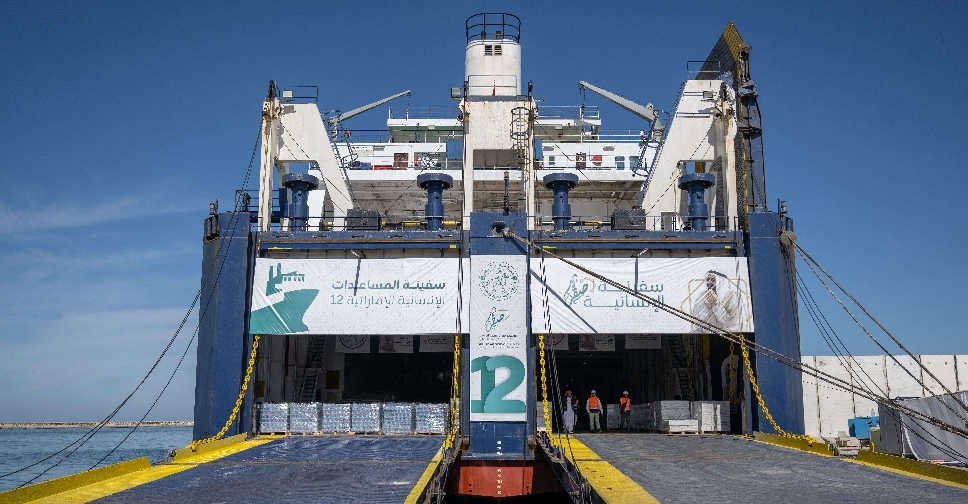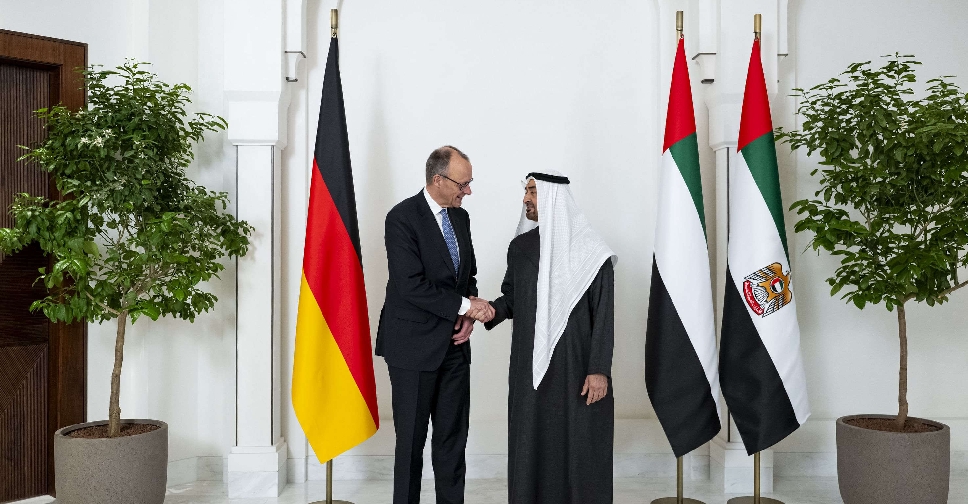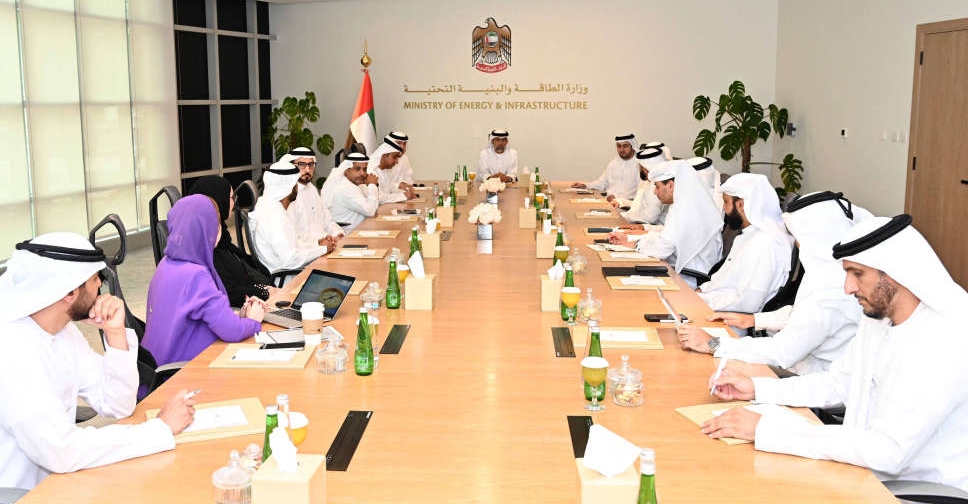
Suhail Mohamed Al Mazrouei, Minister of Energy and Infrastructure, chaired the first meeting of the UAE Logistics Integration Council, stating it aims to increase the logistics sector’s contribution to the national economy from approximately AED136.7 billion in 2024 to over AED200 billion within seven years.
The Council brings together all entities related to the logistics sector, both federal and local, including ports, roads, transportation, customs, railways, border crossings, and others. This makes it an integrated platform for coordinating policies and strategies, streamlining procedures, and developing integrated services that enhance the smooth flow of goods.
The establishment of the Council comes as part of national efforts aimed at unifying visions and coordinating roles among the various relevant entities, contributing to enhancing the efficiency of the sector and reinforcing the UAE’s position as a pivotal hub in the global trade system.
Held at the held at the Dubai headquarters of the Ministry of Energy and Infrastructure, the Council discussed key topics focused on logistics integration in the UAE, aimed at strengthening the interconnection between different modes of transportation and aligning with the shift toward digital and smart solutions that support national strategies.
This direction is part of a comprehensive vision to develop an integrated logistics sector capable of meeting the demands of rapid economic growth and reinforcing the country’s position as a global centre for trade, re-export, and logistics services.
The Council also addressed the development and adoption of the National Logistics Integration Strategy, in addition to topics such as data management, digital platforms, and other related issues. It was agreed to form subcommittees under the Council to follow up on the recommendations and implement the assigned tasks in this regard.
Moreover, the Council discussed the goal of eliminating bureaucracy within the logistics sectors, particularly the maritime transport sector, as a leading example of streamlining procedures and achieving significant improvements in the efficiency of government services.
This aligns with the UAE’s commitment to establishing a world-class government system based on more efficient, high-quality, and effective services, thereby enhancing the country’s competitiveness both regionally and internationally.
Furthermore, the Council highlighted the National Maritime Navigation Centre as an example of the UAE’s strategic vision to build an integrated maritime system that supports national goals related to sustainability and innovation and strengthens the country’s position as a leading global maritime power.
The Centre represents a significant addition to the development of the maritime infrastructure. It will be responsible for managing and operating the national integrated vessel traffic monitoring system, as well as operating the Unified National Maritime Single Window, which aims to streamline procedures and enhance the efficiency of maritime operations—further reinforcing the UAE’s role as a key hub for trade and maritime services.
The Centre serves as a fundamental pillar in achieving a set of strategic objectives, foremost among them enhancing the safety and security of maritime navigation, facilitating trade movement, and providing real-time, reliable information to support decision-makers.
It also delivers a range of key benefits, most notably strengthening national security, supporting emergency response plans and institutional integration, providing accurate and timely data, developing investigative and surveillance capabilities, ensuring operational excellence and maritime safety, and reinforcing the UAE’s reputation as a global maritime power.
In addition, it contributes to environmental protection and the promotion of sustainability principles. Moreover, the Council’s first meeting reviewed mechanisms to strengthen partnerships with the private sector, recognising it as a key partner in the journey of development and progress. This partnership contributes to reinforcing the UAE’s position as a preferred global destination for investment in this vital sector.
The meeting included a presentation by the General Civil Aviation Authority, which covered a specialised study on air freight, its strategic aspects, and its role in supporting economic growth and enhancing the country’s global competitiveness.
Suhail Mohamed Al Mazrouei explained their AED200 billion target align with the We the UAE 2031 vision, which seeks to position the country among the world’s top three in the Logistics Performance Index by developing advanced infrastructure, offering smart services, and adopting integrated systems that enhance global trade flows and keep pace with the latest advancements in supply chains.
He added, “The UAE Logistics Integration Council works on launching transformative initiatives that promote digital and green transformation in the transport and logistics sector, through the expansion of smart solutions, reduction of carbon emissions, and achieving a balance between economic growth and environmental protection—reflecting the UAE’s commitment to the path of sustainable development.”
He emphasised that the Council serves as a platform for cooperation and the exchange of expertise among various federal and local entities. He affirmed that the UAE’s strategic location, combined with its advanced logistics infrastructure, qualifies it to remain a key global hub for trade, re-export, and logistics services.
He also stressed that joint efforts and the integration of roles among federal and local entities, along with the private sector, are fundamental pillars for achieving the Council’s goals and building a more efficient and sustainable logistics sector. This, in turn, supports the UAE’s ambitions for the next 50 years and strengthens its leadership on the global competitiveness map.
He added, “The logistics sector is one of the pillars of the national economy, as it contributes effectively to the GDP and provides thousands of high-quality job opportunities. In addition, it plays a vital role in attracting foreign investments and enhancing the UAE’s appeal as an advanced and reliable business environment. The sector also reinforces the UAE’s position as a global centre for trade and re-export and supports key industries. In 2023, the UAE achieved a significant milestone by ranking seventh globally, reflecting the scale of major investments in developing advanced infrastructure, a modern road network, and the adoption of the latest technologies and international best practices. These achievements affirm that the UAE’s logistics sector is a key driver of economic growth and a central factor in boosting the country’s competitiveness both regionally and globally.”
He stressed that the logistics sector is constantly evolving to become better and more sustainable, noting that through integration and cooperation, the sector’s performance can be enhanced, costs can be reduced, and a better experience can be delivered to users.

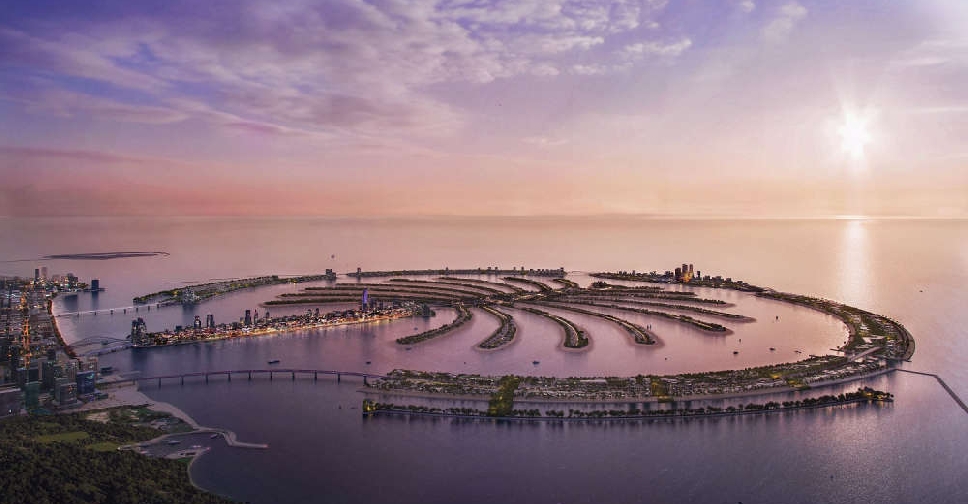 Aldar, Dubai Holding announce next phase of strategic partnership
Aldar, Dubai Holding announce next phase of strategic partnership
 Dubai regulator fines investment firm AED 1.8 million over compliance issues
Dubai regulator fines investment firm AED 1.8 million over compliance issues
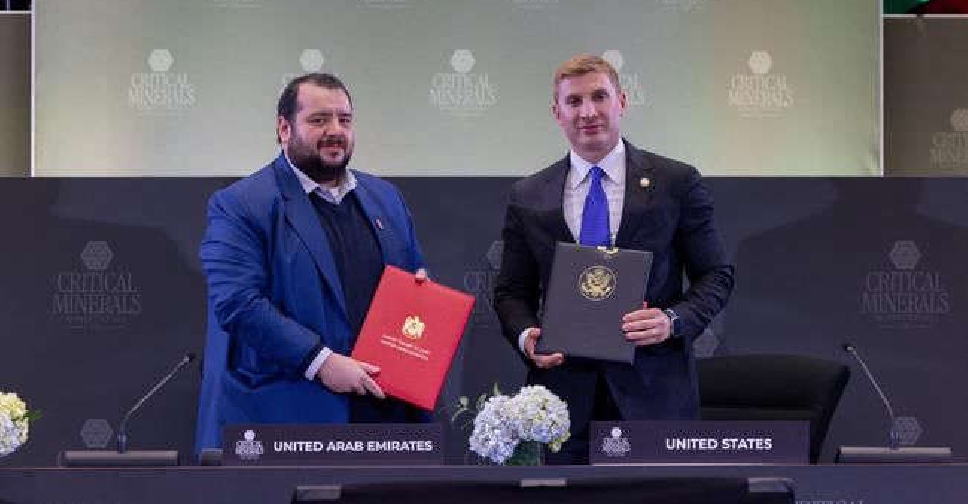 UAE, US sign framework to secure critical mineral supply chains
UAE, US sign framework to secure critical mineral supply chains
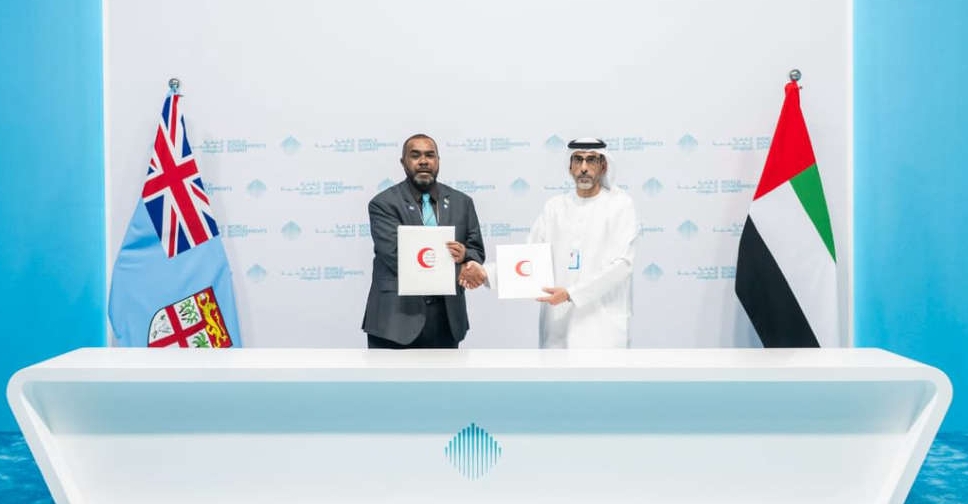 ERC inks agreement to develop teachers housing in Fiji
ERC inks agreement to develop teachers housing in Fiji
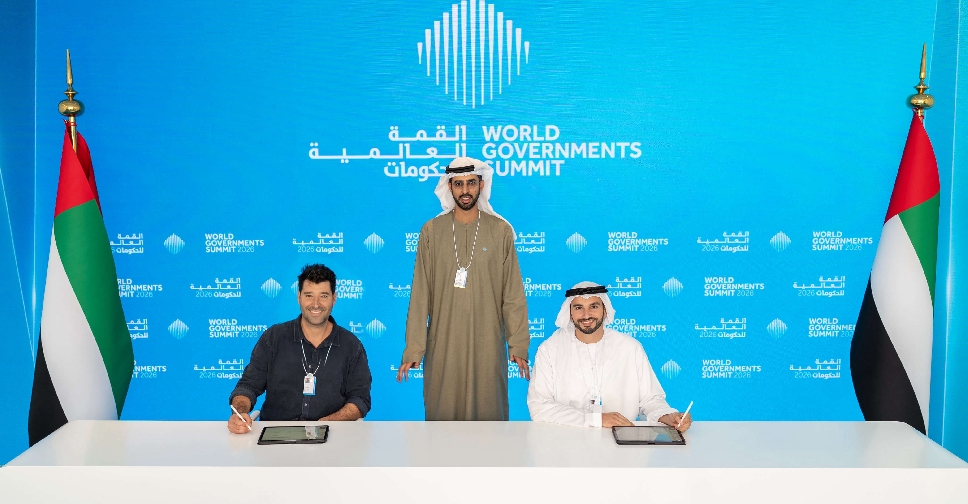 Dubai secures Canva regional headquarters in new tech partnership
Dubai secures Canva regional headquarters in new tech partnership

